Female reproductive system | cleveland clinic according to the attached article, a human female embryo forms with a couple million immature eggs (or oocytes) already in her ovaries. One egg is released per month from the ovary.
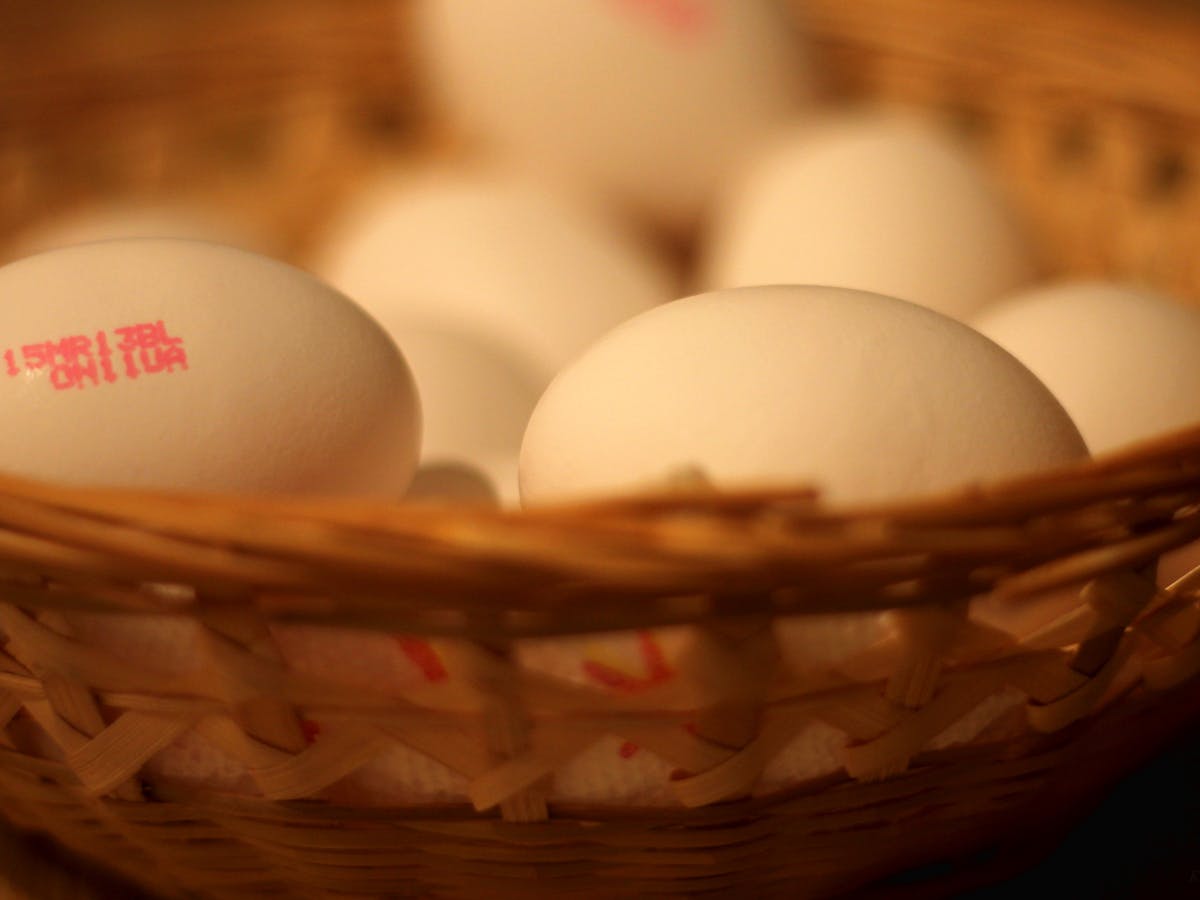
Why Womens Eggs Run Out And What Can Be Done About It
Between 16 and 20 weeks of pregnancy, the ovaries of a female fetus contain 6 to 7 million oocytes.

How many eggs are female humans born with. In fact the number of eggs will steadily decline over her lifetime and be absorbed back into the body in a process known as atresia. How many eggs does a woman actually have? Dear reader, unlike sperm, which are produced daily throughout a lifetime, human eggs are finite and found in one — okay, two baskets (ovaries).
By the time a girl hits the puberty age, she would have 300,000 eggs remaining. This happens when two eggs (one from each ovary) are released at the same time and get fertilized by two separate sperms. No, it is not possible.
The creation of these eggs usually occurs during the 20th week of fetal development. There are a number of reasons, but the 3 main ones are oogenesis, how we prepare those 400 eggs for ovulation during our fertile years, and menopause. A human female can produce up to more than 2 eggs, but some might not get fertilised as members of the highly intelligent formation of.
In exceptional cases, 2 eggs may be released at one cycle, that is how twins are born. The number of these eggs ( oocytes, to be precise) is steadily reduced so that when a. She'll have about 7 million of them then, 600,000 when she's born, and about 400,000 at.
The term “monozygous” represent being developed from a single zygote. As a teenager, a woman has only three hundred thousand to four hundred thousand remaining eggs, and from that point on, approximately one thousand eggs are destined to die each month. Most of the oocytes gradually waste away, leaving about 1 to 2 million present at birth.
Many of those eggs will be lost before puberty sets in through a natural process called ovarian follicle atresia, leaving a woman with around 300,000 eggs at the time of puberty. Why women born with so many egg cells if they use only about 400 of them? If the twins born are fraternal, then they would have developed from two separate eggs.
(this number gradually reduces over her lifetime.) Egg count by age as a teenager, a woman has only three hundred thousand to four hundred thousand remaining eggs, and from that point on, approximately one thousand eggs are destined to die each month. A woman is born with approximately 500,000 potential eggs, or follicles, in each ovary.
The ovarian reserve diminishes with age until its complete depletion when the woman reaches menopause. To be more precise, when a person with ovaries is born, they contain about one to two million immature eggs, or follicles. The theory has been that a woman is born with one to two million immature eggs at birth, and will slowly begin losing them over the course of her lifetime.
As a fetus early in development, a female has around a whopping 6 million eggs. A human female typically has about 400,000 follicles/potential eggs, all formed before birth. Women are born with approximately two million eggs in their ovaries, but about eleven thousand of them die every month prior to puberty.
Now if we assume puberty to hit at the age of 14 yrs ( menarche) and menopause at the age of 45 yrs, then total menstrual cycles in the lifetime of female would be 31×12= 372, if the woman gave birth to monozygotic twins(twins formed from cleavage of single zygote) then total eggs released would be 363. From birth onwards she will not produce any more; The first division in zygote produce two identical cells that independently develop into two embryos;
As explained above, all women are born with a limited supply of eggs, that is, with the total number of eggs that they will carry throughout their lifetime. In all, a healthy female body will release these eggs over a period of 30 or so years. Before birth, a female fetus has around six to seven million eggs.
Unlike men who are always producing new sperm to replenish their sperm count, females stop making eggs. Only several hundred (about 480) of these “eggs” will actually ever be released during her reproductive years. Unlike men who are always producing new sperm to replenish their sperm count, females stop making eggs.
Over a lifetime, the vast majority of follicles will die through a process known. Can eggs come out during period? Women are born with approximately two million eggs in their ovaries, but about eleven thousand of them die every month prior to puberty.
A baby girl is born with egg cells (oocytes) in her ovaries.

Eggs What Are You Really Eating
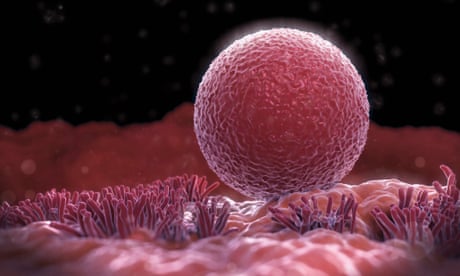
Evidence Suggests Womens Ovaries Can Grow New Eggs Reproduction The Guardian
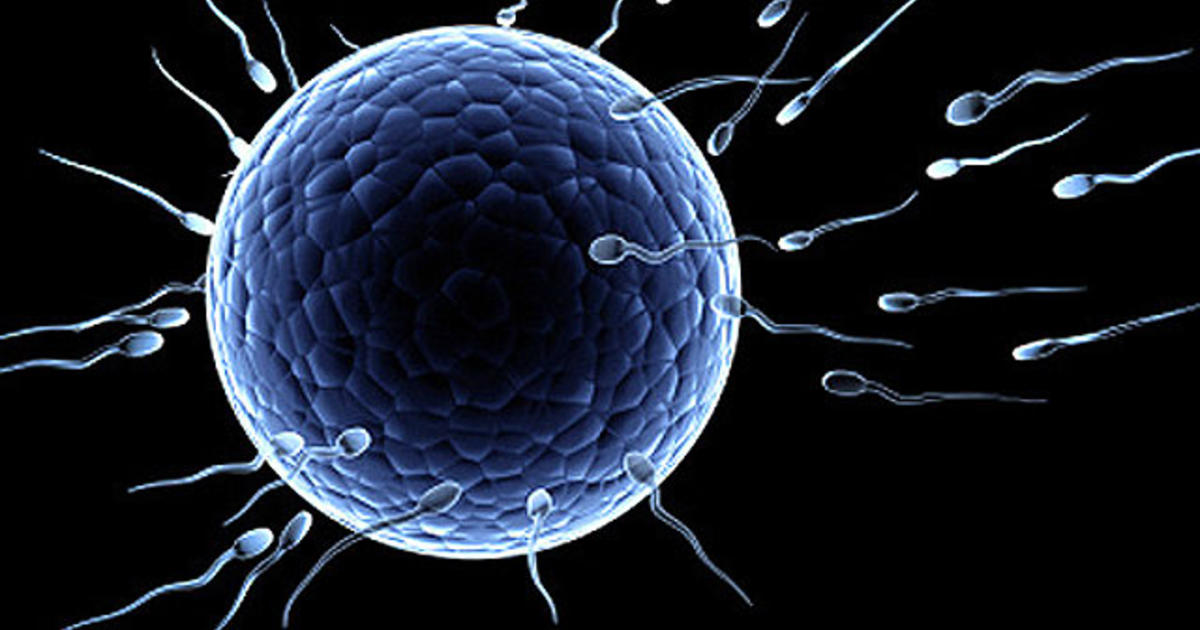
Human Eggs 9 Fascinating Facts - Cbs News
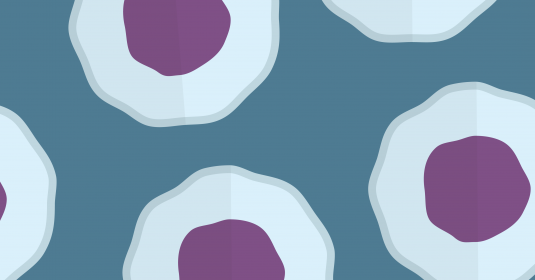
Five Fascinating Egg Cell Facts
How Many Eggs A Woman Has At Birth Puberty 20s 30s And 40s
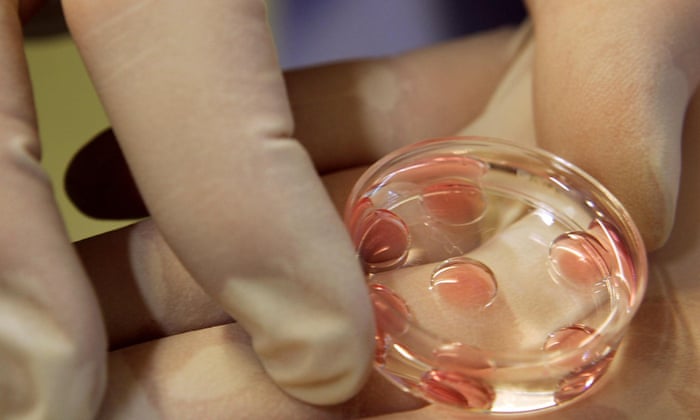
Chances Of Ivf Success Futile For Women Over 44 Says Study Ivf The Guardian
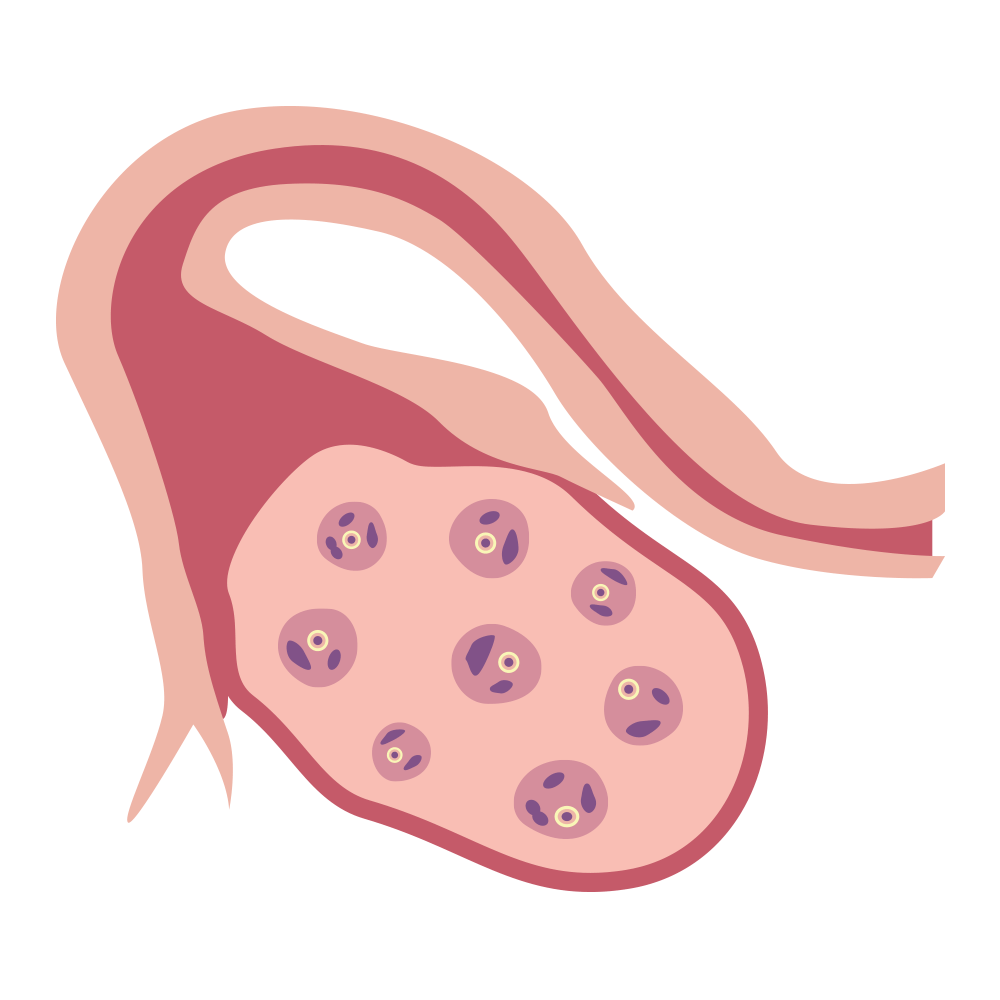
Egg Count

Eggs What Are You Really Eating

How Many Eggs Does A Woman Have The Evewell
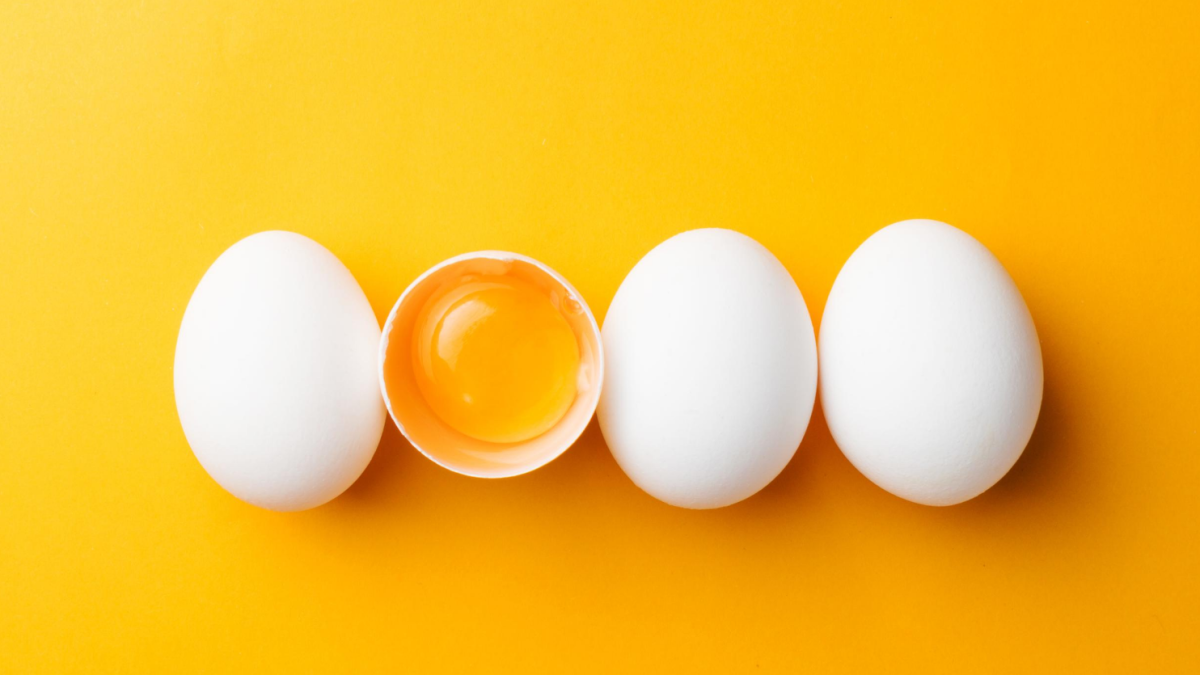
How Many Eggs Do Women Have At Every Age - Cny Fertility

Women Can Make New Eggs After All Stem-cell Study Hints

The Human Egg Cell Egg Donation Altrui
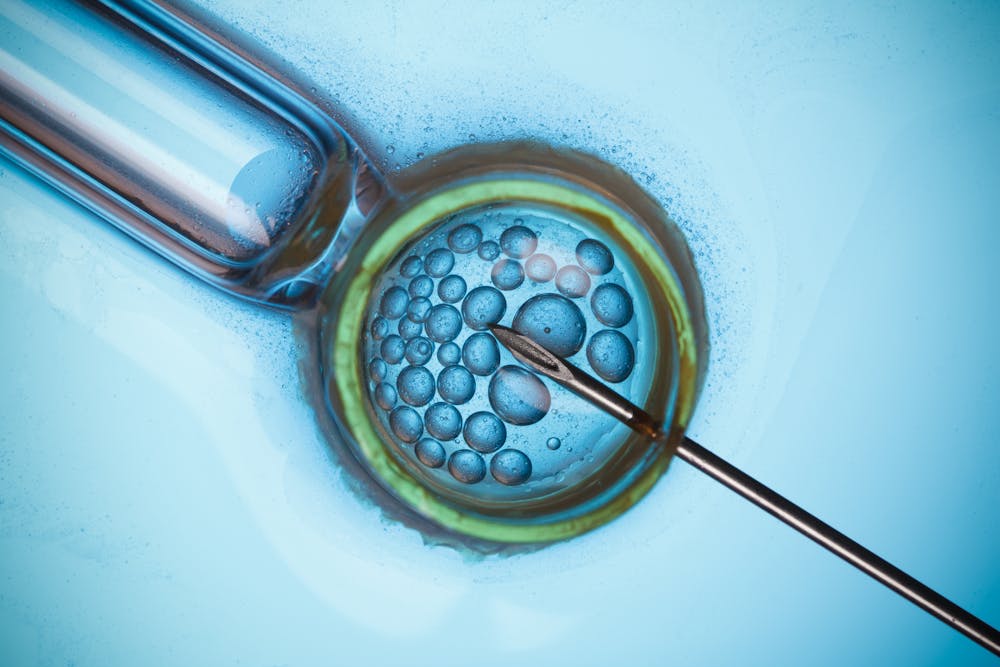
Why Womens Eggs Run Out And What Can Be Done About It
Egg Count
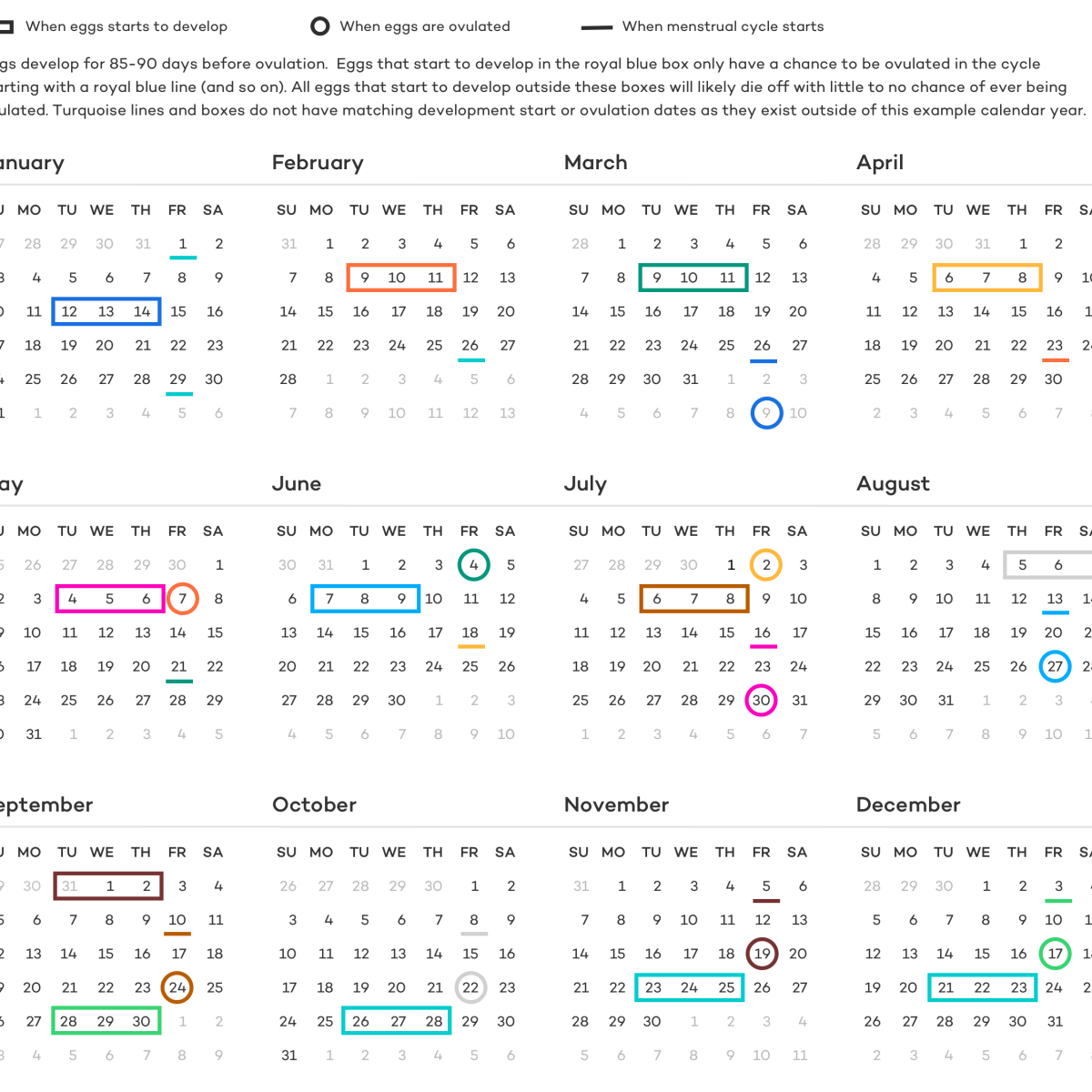
How Many Eggs Do Women Have At Every Age - Cny Fertility
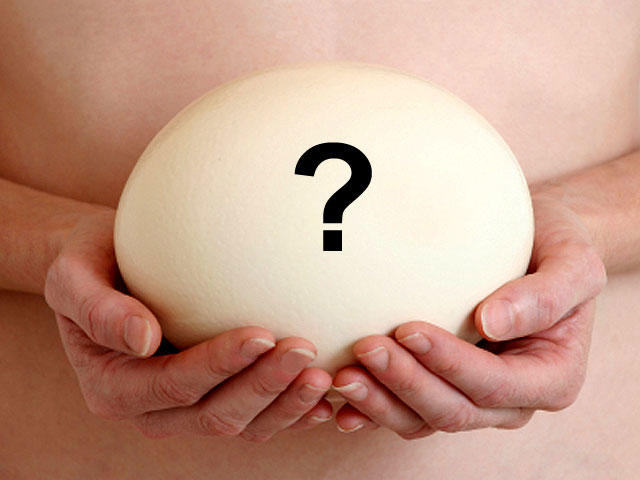
Human Eggs 9 Fascinating Facts - Cbs News

The Human Egg Cell Egg Donation Altrui
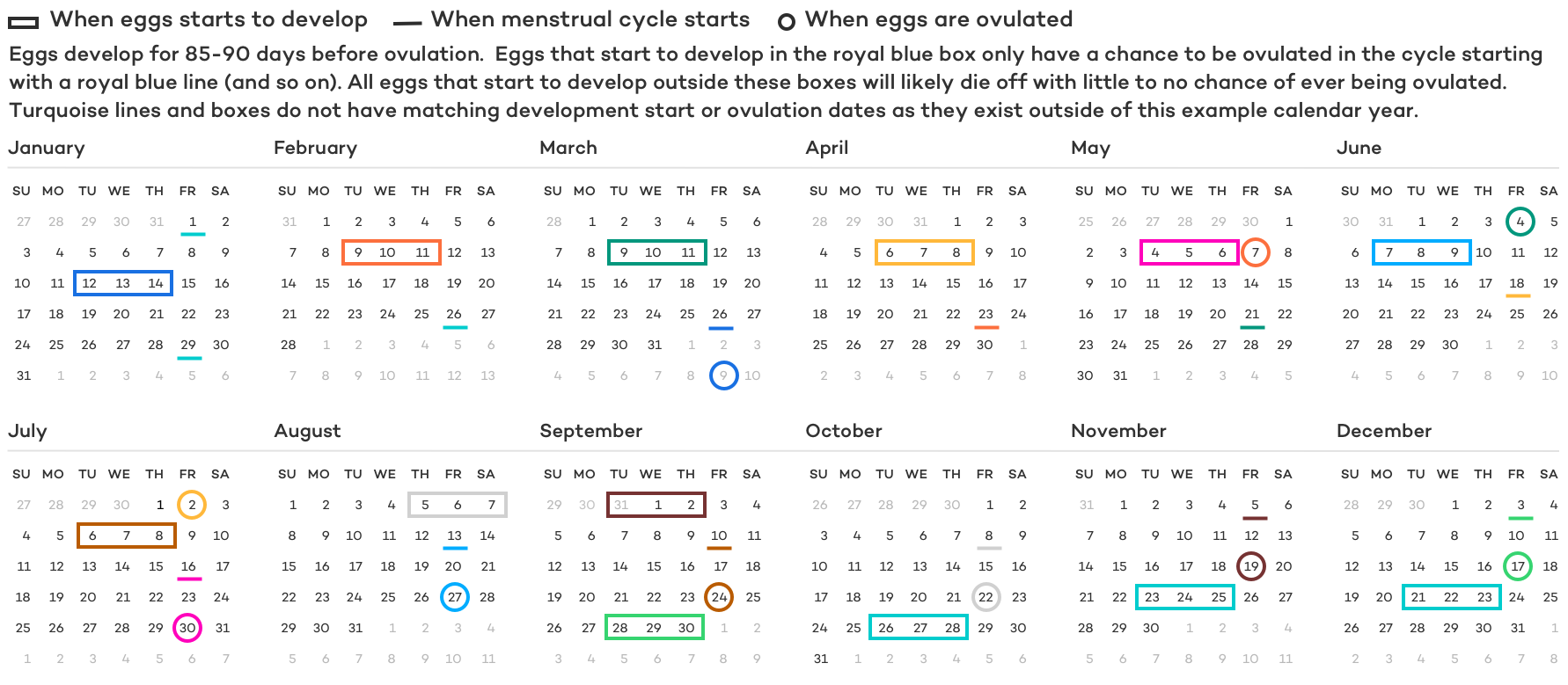
How Many Eggs Do Women Have At Every Age - Cny Fertility
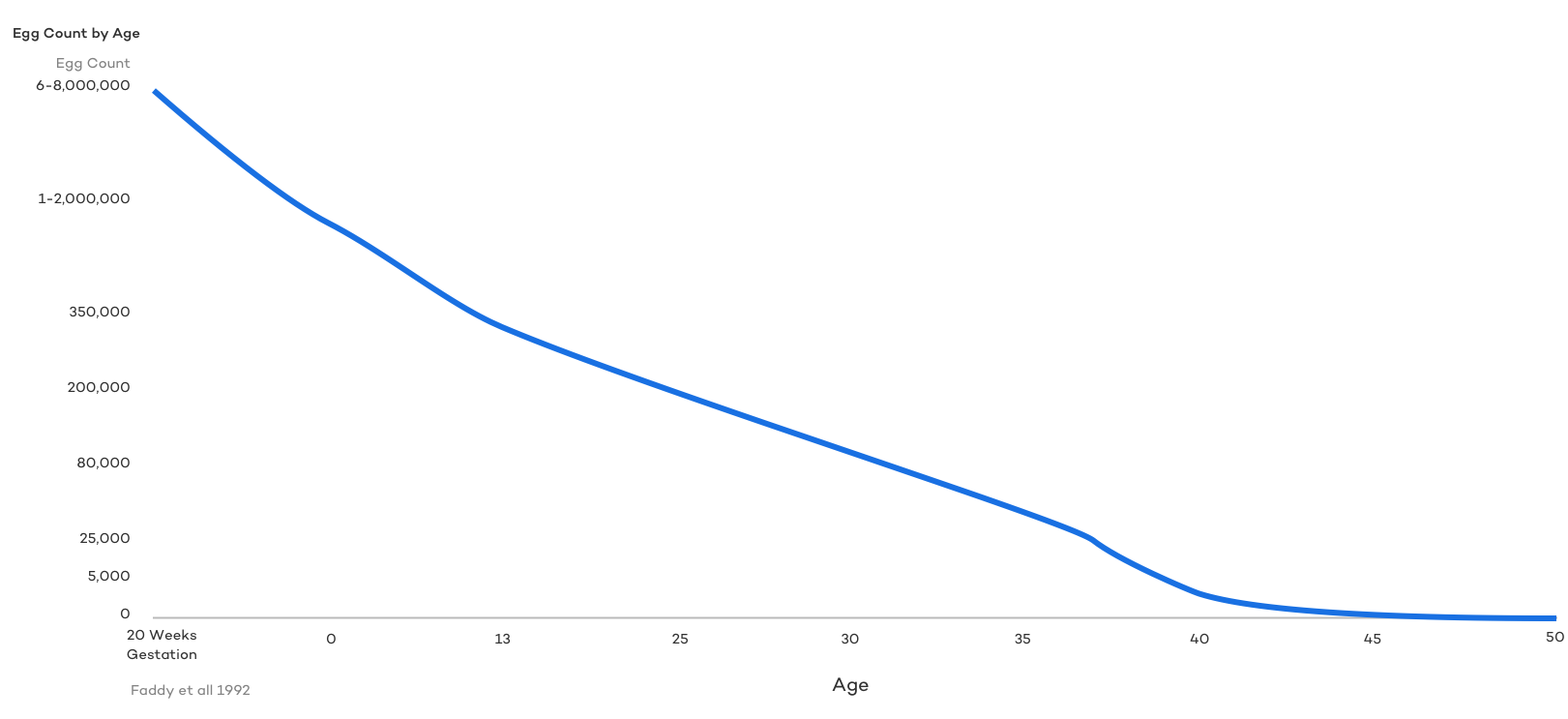
How Many Eggs Do Women Have At Every Age - Cny Fertility